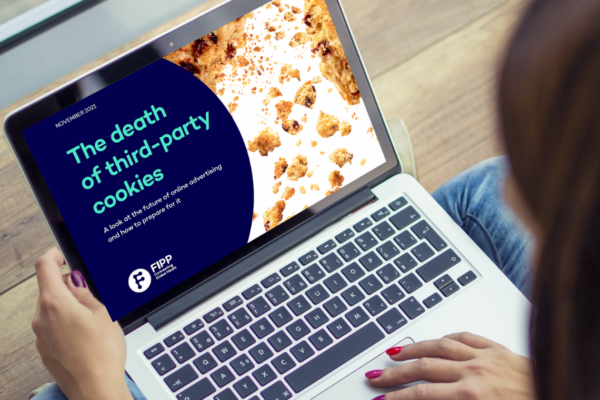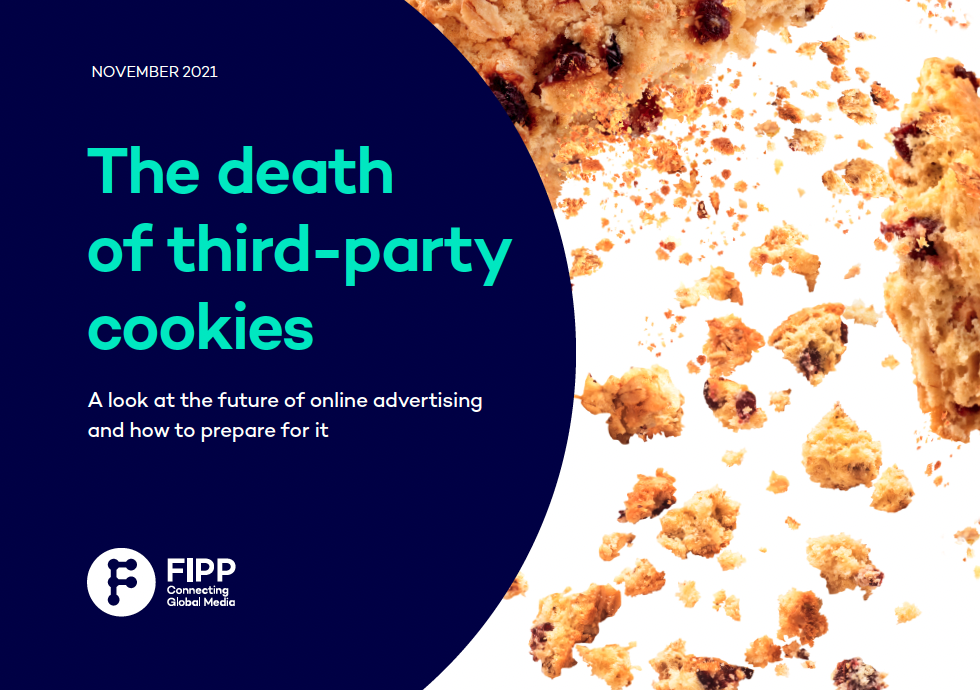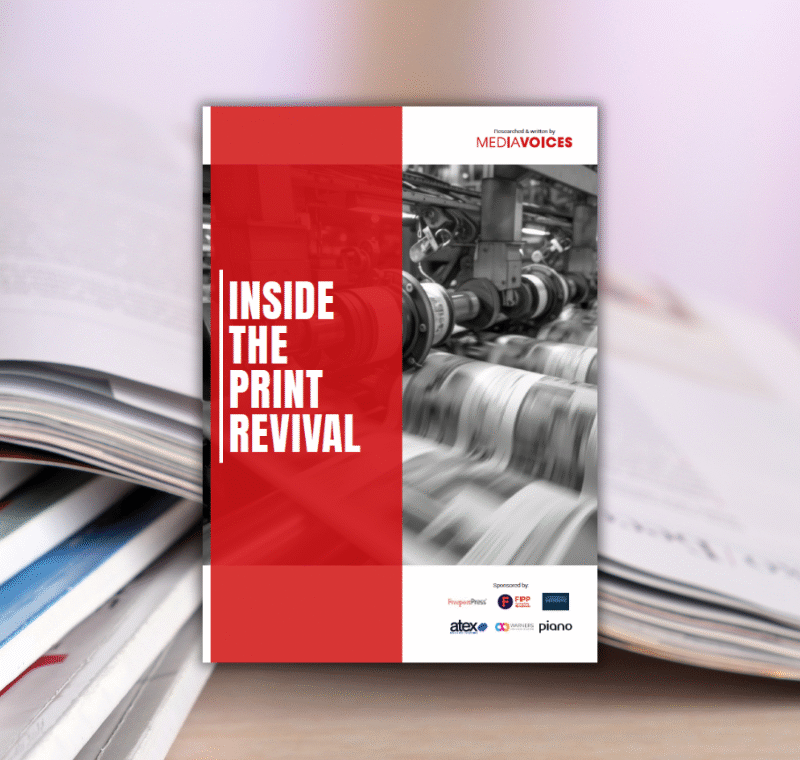Third-party cookies and what will replace them: new FIPP report explores the options for publishers
When the digital boom was first underway, publishers experimented with different ways to monetise their online audiences. One component that emerged from that era of disruption was the third-party cookie.
Crucial to many publishers’ strategies ever since, third-party cookies – essentially just bits of information that collect data as a user navigates the web – paved the way for more targeted ads, marketing, and other revenue sources by tracking user behaviour. But the end of the third-party cookie is almost upon us, and no one really knows what’s coming next. That’s the subject of a new report by FIPP, launching today.
The report, available only to FIPP members, covers, among other things:
- The evolution of cookies, from the 1990s to the present day
- How consumer attitudes to cookies have changed with rising awareness of data privacy issues
- Why publishers are in a great position to use first-party data instead of relying on third-party cookies
- Interviews with FIPP members and other industry professionals about what opportunities they see in the demise of the third-party cookie
- What Google’s Federated Learning of Cohorts (FLoC) system means, and whether it represents a (partial) solution
- How the adtech industry could respond
- Ongoing data privacy issues, and why they should not be ignored
Click here to access the report
Not a FIPP member? You can sign up via the report’s page and get instant access to this and the full library of FIPP Insight reports, videos, and more.
A clean slate
As our new report explains, Google’s decision to remove third-party cookies compatibility from its Chrome web browser in 2023, following the lead of Apple and Mozilla, is something of a mixed blessing.
Initially, the move seems like a shocking blow to some publisher business models. But as they bid farewell to the third-party cookie, publishers and advertisers have an opportunity to strengthen their partnerships with each other – and build a different, more diversified, and ultimately more robust kind of business.
“Any company with a meaningful direct digital relationship with customers could stand to benefit from the cookie-less world,” says Julia Clyne, Head of Media & The Trust, APAC at Dow Jones. Could the death of the third-party cookie be the game-changer that publishers have been waiting for?
Click here to access the report
Not a FIPP member? You can sign up via the report’s page and get instant access to this and the full library of FIPP Insight reports, videos, and more.











